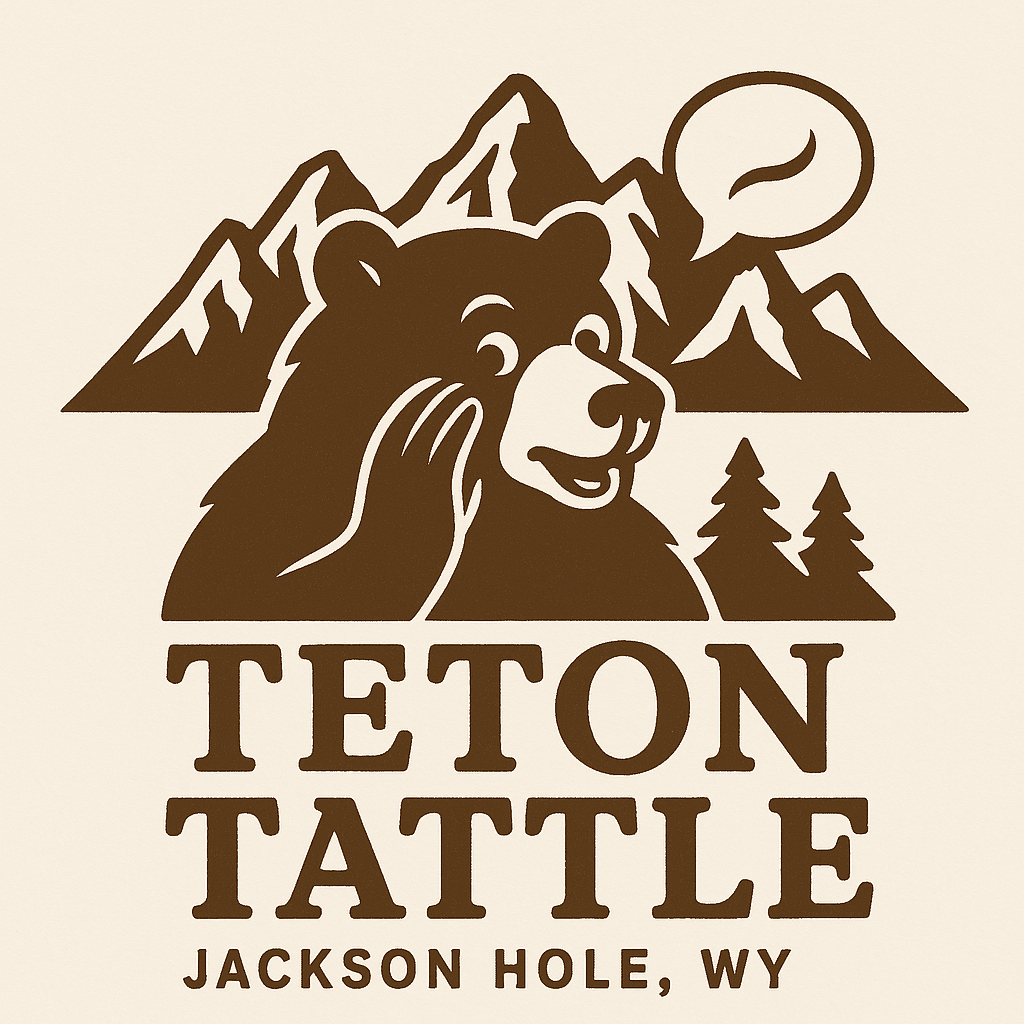WYOMING — Senator Cynthia Lummis is once again taking point in the battle over how America’s vast western lands are managed, and this time, she’s got nearly a dozen Senate Western Caucus colleagues riding alongside her.
As chair of the Senate Western Caucus, Lummis sent a letter to Interior Secretary Doug Burgum urging support for the rescission of the so-called “Public Lands Rule,” a Biden-era regulation officially known as the Conservation and Landscape Health Rule. The Senators argue the rule illegally elevated “conservation” to a formal land-use category, effectively putting it on the same level as grazing, energy development, timber harvest, and recreation, and in many cases, above them.
“Our constituents live with and rely on the use of Federal lands every day,” the Senators wrote. “These lands are not abstract reserves to be locked away but working landscapes that provide food, energy, recreation, and cultural heritage.”
A Clash Over Western Land Philosophy
The Public Lands Rule, implemented in 2023, was sold as a modernization of federal land stewardship. But across the Mountain West, many saw it as a backdoor attempt to wall off access and choke out the multiple-use balance that’s guided public land management for generations.
Lummis called it a “brazen attempt to undermine the law”, arguing it ignored the voices of ranchers, miners, energy producers, and local families who depend on access to federal lands for both livelihood and recreation.
“Since the rule took effect, we’ve heard from county commissioners, ranchers, energy developers, mining operators, and local businesses who are faced with regulatory ambiguity, exclusionary leases, and a chilling effect that discourages new investment,” the letter continues.
The Western Lineup
Joining Lummis on the letter were Senators John Barrasso (R-WY), Steve Daines (R-MT), Kevin Cramer (R-ND), John Curtis (R-UT), Mike Crapo (R-ID), James Risch (R-ID), Mike Lee (R-UT), Dan Sullivan (R-AK), Pete Ricketts (R-NE), John Hoeven (R-ND), and Tim Sheehy (R-MT), representing much of the nation’s public-lands West.
Together, the group is pressing the Department of the Interior to reverse course and restore the multiple-use standard that has defined western resource management for decades.
Why It Matters in Wyoming
With roughly 48% of Wyoming’s land federally owned, any rule change that limits access or restricts productive use carries major consequences. Ranching, energy development, and outdoor recreation remain key pillars of the state’s economy, and, as Lummis and Barrasso argue, those activities can coexist with conservation without Washington drawing new lines from afar.
In other words: Wyoming knows how to take care of Wyoming.





